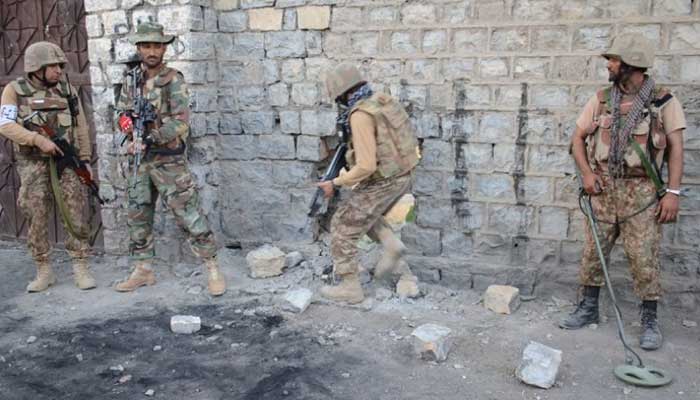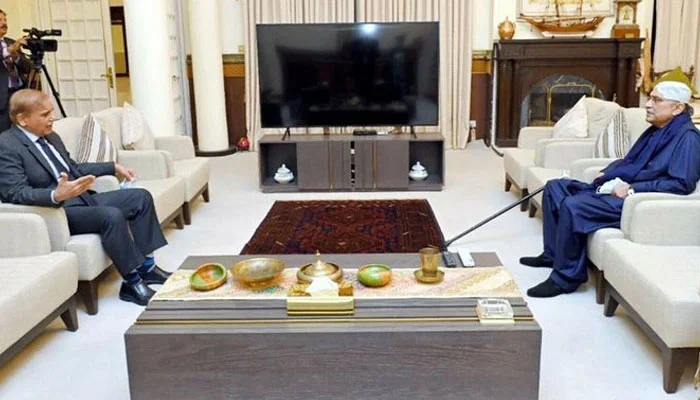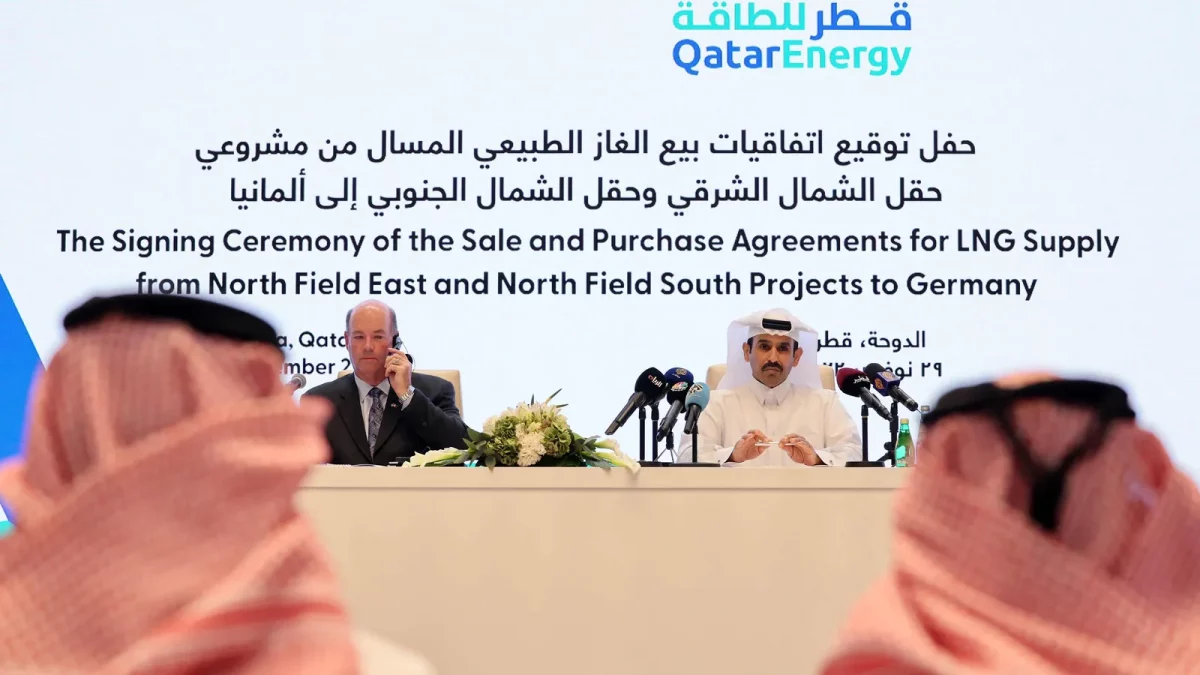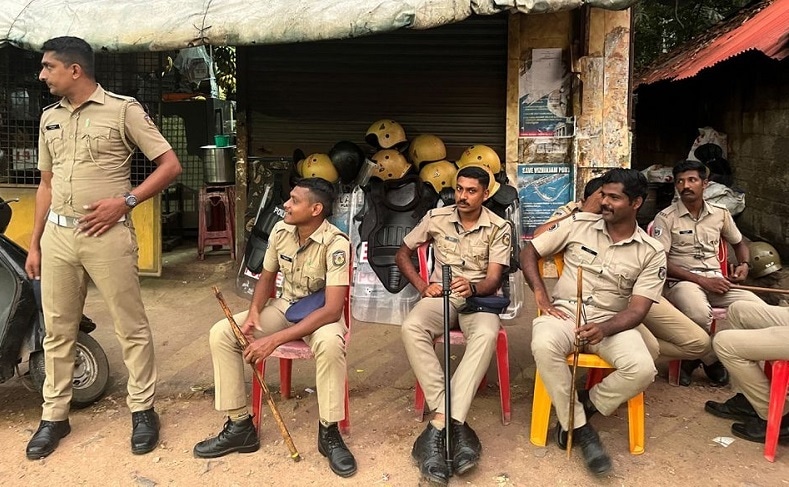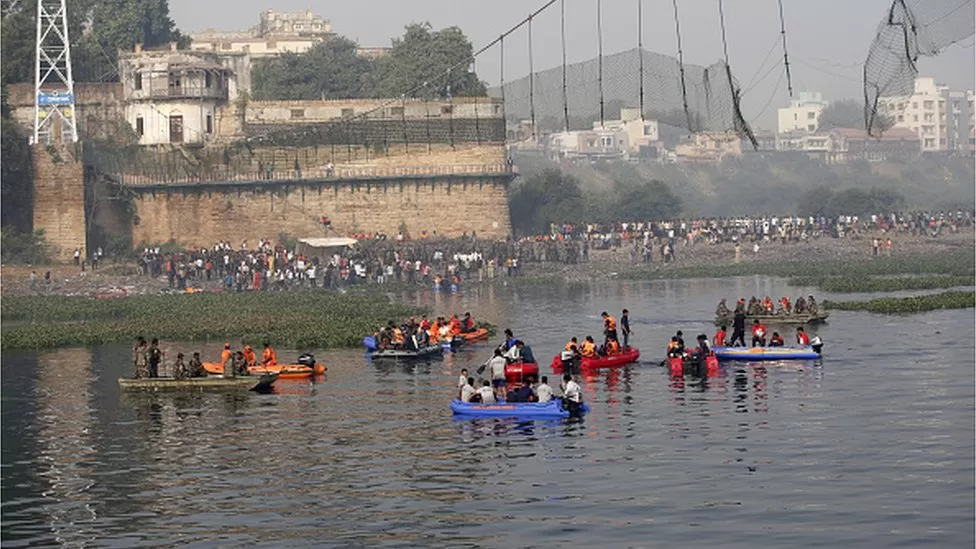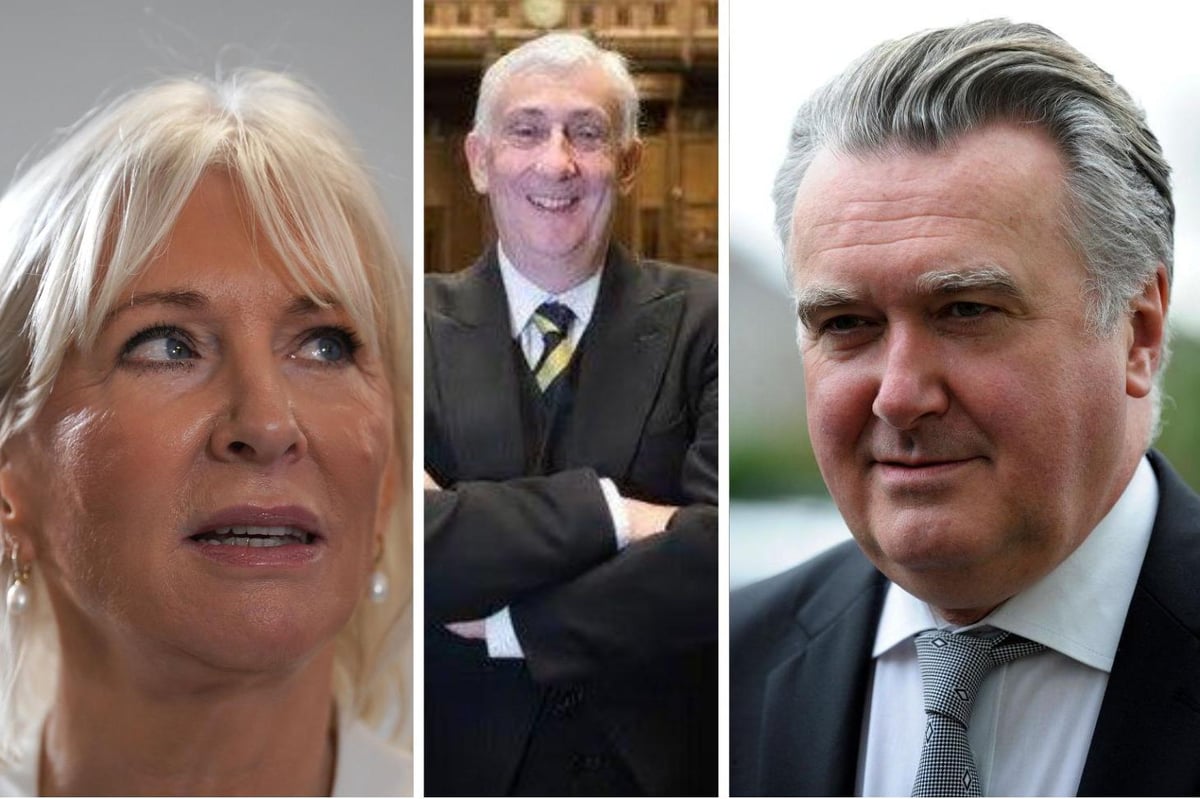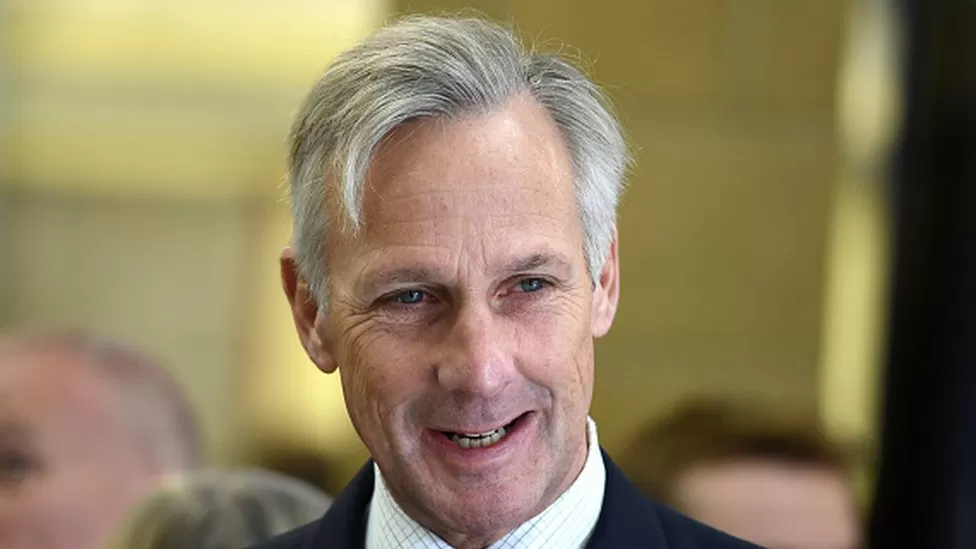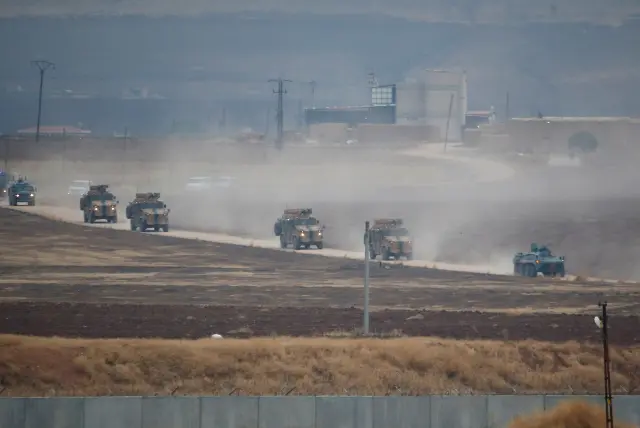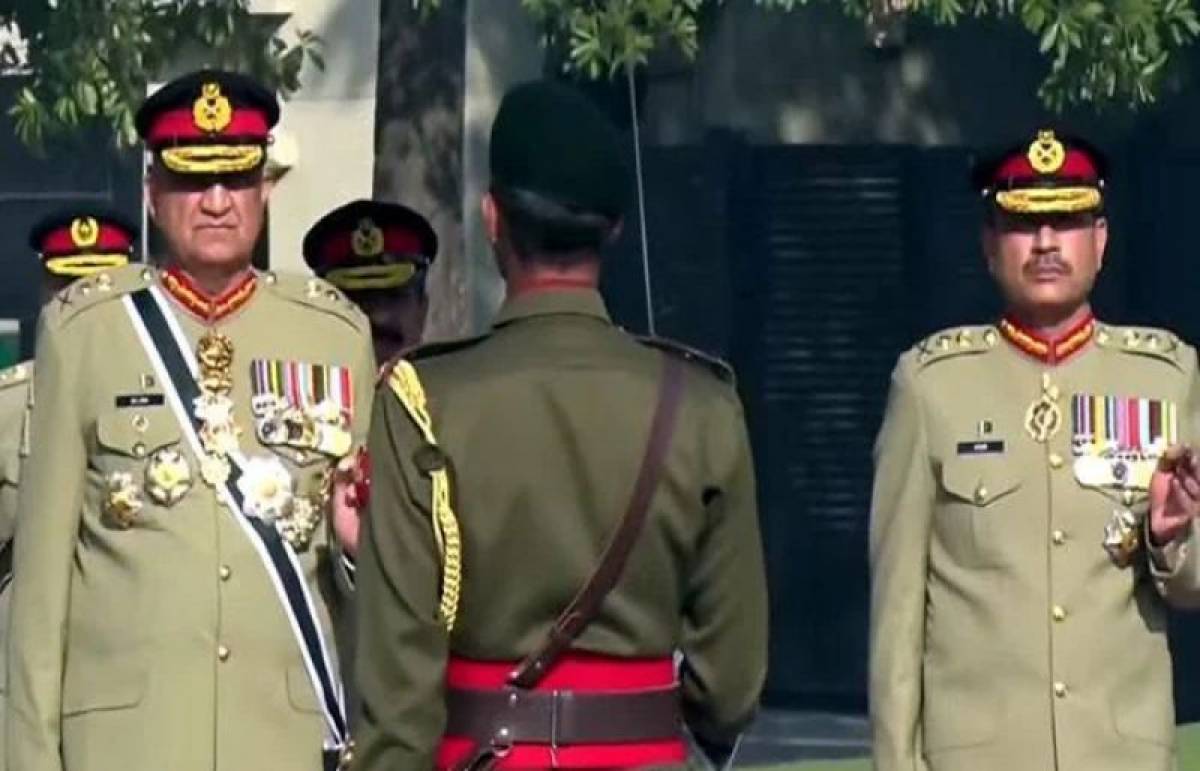RAWALPINDI: The change of command ceremony is underway at the General Headquarters in Rawalpindi.
General Qamar Javed Bajwa has arrived at the venue along with his successor Gen Asim Munir.
After arrival Gen Bajwa reviewed the guard of honour presented to him for the last time as the chief of army staff.
Gen Bajwa will hand over the “baton of command” of the Pakistan Army to Gen Munir during the ceremony.
The change of command ceremony marks the time-honoured tradition that symbolises the seamless transition of military leadership. The former military leadership was also present at the ceremony.
The change of command ceremony is being attended by Chairman Joint Chiefs of Staff Committee Gen Sahir Shamshad Mirza, Chief of Air Staff Air Chief Marshal Zaheer Ahmad Babar Sidhu and former army chiefs.
Before the ceremony, Gen Bajwa visited the Yadgar-e-Shuhda for the last time as chief of army staff. Gen Munir had accompanied him during the visit.
Due to the ceremony, the Metro Bus Service has been closed from 6am to 3pm today from Saddar to Faizabad, said the Islamabad administration.
Gen Munir was chosen to lead the country’s army by Prime Minister Shehbaz Sharif on November 24.
The summary of his appointment was ratified by President Arif Alvi, making Gen Asim Munir the 17th army chief to assume the command of the Pakistan Army.
Gen Asim Munir
Gen Munir was commissioned in the 23rd Frontier Force Regiment in 1986. He passed out with the 17th Officers Training course, Mangla and was awarded the coveted sword of honour.
He is currently posted as the quartermaster general at the General Head Quarters.
The army chief-designate graduated from Fuji school Japan, Command and Staff College, Quetta, Malaysian Armed Forces College, Kuala Lumpur and National Defence University, Islamabad.
The general also has M Phil in Public Policy and Strategic Security Management from National Defence University.
The quartermaster general was also posted as a directing staff in Command and Staff College, Quetta, brigade major of a deployed infantry brigade in Kel, general staff officer, grade-2, CGS secretariat and chief of staff of Mangla corps.
Gen Munir has commanded 23rd Frontier Force Regiment, Infantry Brigade, remained as a force commander in Northern Areas, Gilgit and Corps Commander 30 Corps, Gujranwala.
The incoming army chief has also served as the director general of Military Intelligence.
In 2018, Gen Munir was appointed as the director-general of the Inter-Services Intelligence.
Following this, he was posted as corps commander Gujranwala for two years. After heading the Gujranwala corps he was posted at his present assignment at the GHQ.
Gen Munir will become the first army chief who has headed both — the MI and the ISI. He will also be the first army chief awarded the Sword of Honour.
The army chief designate is a keen sportsman, avid reader, and traveller.


